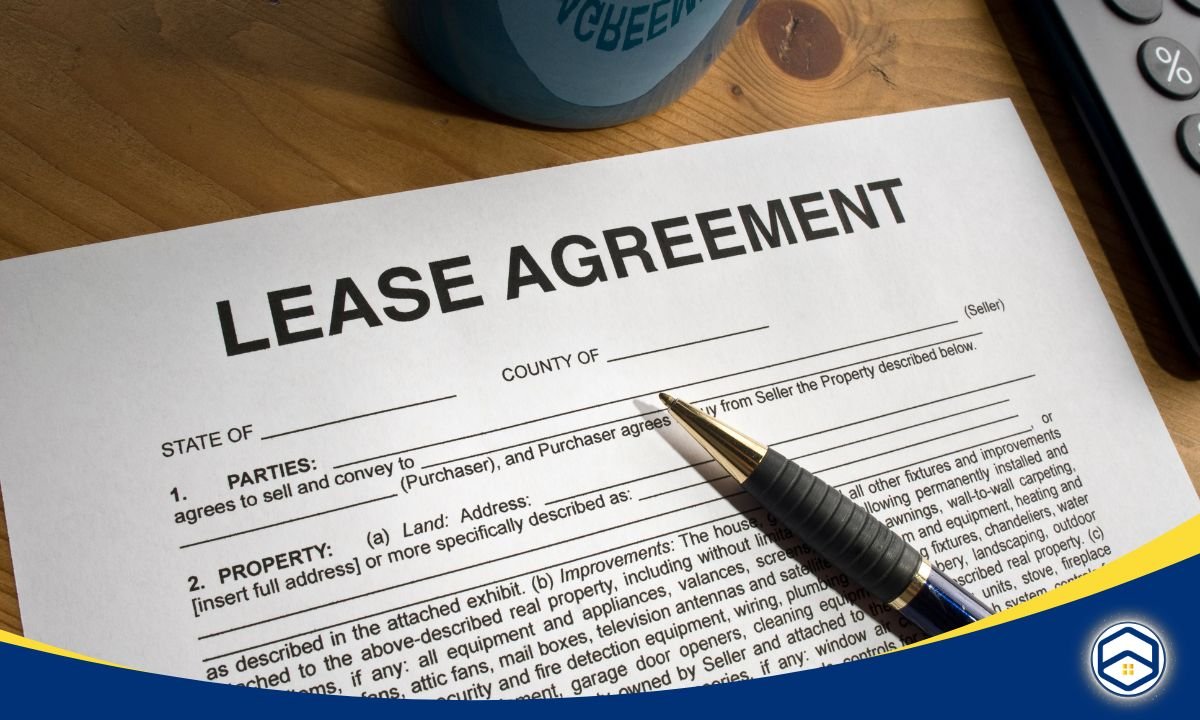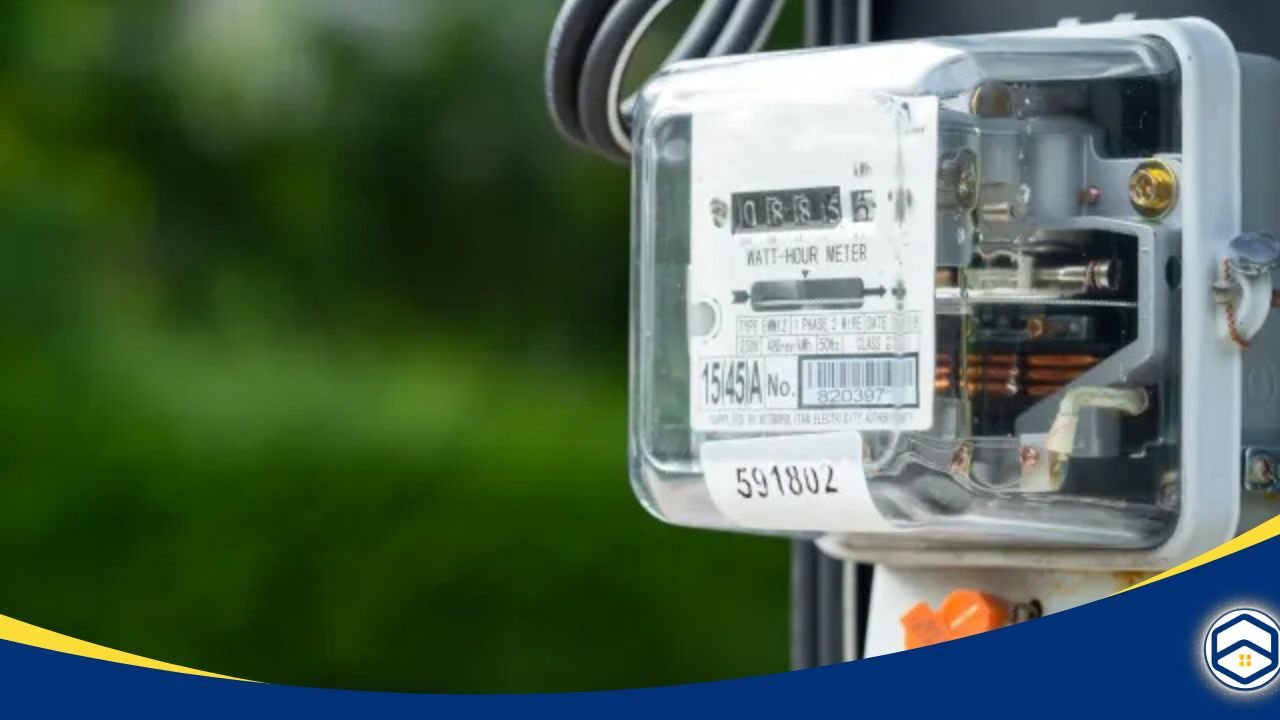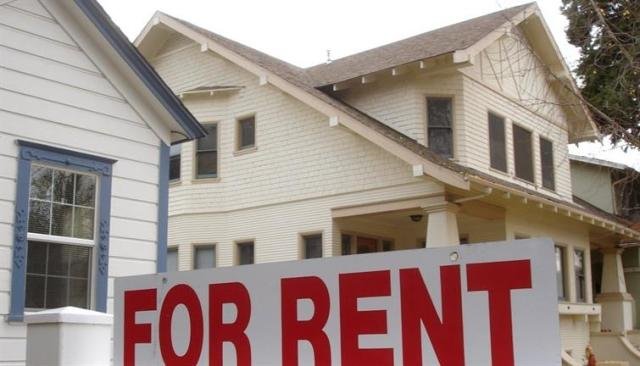Navigating the rental market can feel overwhelming, especially for those of us on a medium income. As lease expiration approaches, the choice to renew can be fraught with uncertainty. Should you stay or venture out in search of a new place? This article dives into the many lease renewal benefits, highlighting why staying put can be a smart, rewarding decision. From financial advantages to community connections, renewing your lease may just be the best choice for your lifestyle and peace of mind.
Understanding the Lease Renewal Benefits Landscape
Before diving into the benefits, it’s important to grasp what lease renewal involves. Renewing your lease means extending your rental agreement for a specified period, typically under similar conditions. This process can vary based on local laws and individual landlord policies, so let’s break down the essentials.
1. Terms and Conditions
When renewing a lease, several important factors come into play that can significantly impact your living situation. Here’s a closer look at what to consider:
Lease Duration
- Standard Terms: Most leases are typically renewed for a standard term, often one year. However, depending on your relationship with your landlord and local regulations, there may be flexibility.
- Shorter or Longer Terms: If you prefer a shorter or longer lease duration, don’t hesitate to ask. Some landlords might accommodate a six-month or month-to-month option, which could provide the flexibility you need.
Rent Adjustments
- Understanding Increases: Be prepared for discussions regarding potential rent increases. Familiarizing yourself with local market rates can bolster your negotiating position.
- Researching Comparables: Before renewal discussions, research similar properties in your area to understand average rental rates. This knowledge will help you negotiate effectively and ensure any proposed increase is reasonable.
Maintenance Clauses
- Clarifying Responsibilities: Review the lease for clauses regarding maintenance and repairs. Ensure that both you and your landlord are clear about responsibilities—what you’re expected to handle versus what they need to manage.
- Documenting Current Issues: If there are ongoing maintenance issues, document them and bring them up during renewal discussions. This can help ensure they are addressed in the new lease.
2. The Negotiation Process
Lease renewal often involves negotiation, and being well-prepared can lead to favorable outcomes. Here’s how to approach it effectively:
Setting Your Goals
- Identify Priorities: Before entering negotiations, consider what you want to achieve. Is it a lower rent increase, additional maintenance services, or improvements to your living space? Clearly defining your goals will help guide the conversation.
- Being Realistic: While it’s important to have goals, be realistic about what you can negotiate. Understand your landlord’s perspective, as they also have financial considerations.
Effective Communication
- Be Professional and Respectful: Approach the negotiation with professionalism. A respectful tone can foster a more constructive dialogue and help build goodwill with your landlord.
- Present Evidence: If you’re requesting a lower rent increase or additional amenities, present evidence, such as market research or documentation of maintenance issues. This can strengthen your case and provide context for your requests.
Flexibility and Compromise
- Be Open to Alternatives: If your landlord is unable to meet all your requests, consider alternatives. For example, if a lower rent increase isn’t possible, perhaps you could negotiate for improved amenities or services instead.
- Finding Common Ground: Look for win-win solutions that satisfy both parties. This approach can lead to a more amicable agreement and a better relationship moving forward.

The Benefits of Renewing Your Lease
Now, let’s explore the numerous benefits that come with renewing your lease. Staying put can offer advantages that are not immediately apparent, especially for renters with a medium income.
Stability and Peace of Mind
One of the most significant perks of renewing your lease is the sense of stability it provides:
- Predictable Costs: By renewing, you can often secure your current rent, shielding yourself from sudden hikes that can occur in the rental market.
- Emotional Comfort: The familiarity of your home and neighborhood can alleviate stress and provide a sense of belonging.
Opportunity for Negotiation
Renewing your lease puts you in a position to negotiate:
- Minimized Rent Increases: If you’ve been a reliable tenant, your landlord may be more inclined to keep any rent increase minimal.
- Incentives and Improvements: Don’t hesitate to ask for improvements—like upgraded appliances or fresh paint—in exchange for your continued tenancy.
Strengthening Landlord Relationships
Long-term tenants often enjoy better relationships with their landlords:
- Improved Communication: A solid rapport can lead to better responses to maintenance issues and a more supportive living environment.
- Flexibility: Landlords are often more willing to make concessions for tenants they know and trust.
Community Connection
Renewing your lease helps deepen your ties to your community:
- Familiar Faces: Establishing relationships with neighbors creates a sense of security and belonging.
- Participation in Local Activities: Staying put allows you to engage more with local events, fostering a greater sense of community involvement.

Cost-Effectiveness of Staying
Moving can be a costly endeavor, making lease renewal an economically sound choice:
- Avoiding Moving Expenses: Costs for movers, transportation, and deposits can quickly add up when relocating.
- Utility Setup Savings: Renewing your lease means you won’t incur the costs associated with setting up utilities at a new address.
Time and Effort Savings
The process of moving is time-consuming, and renewing your lease saves you valuable hours:
- Less Stressful: The renewal process is generally more straightforward than searching for a new rental, attending viewings, and filling out applications.
- Skip the Packing: Staying means no packing up your belongings, which can be one of the most daunting aspects of moving.
Tips for a Successful Lease Renewal
To make the most of your lease renewal experience, consider these practical tips:
Review Your Current Lease
Take the time to thoroughly read your existing lease. Understanding your rights and obligations is crucial for a successful negotiation.
Research Local Market Rates
Familiarize yourself with the current rental rates in your area. This knowledge can empower you during negotiations, particularly if a rent increase is on the table.

Document Your Tenancy
Gather evidence that highlights your value as a tenant:
- Consistent Payment History: Show that you have paid rent on time and fulfilled your lease obligations.
- Maintenance Records: Keep track of any maintenance requests and how they were addressed.
Communicate Openly with Your Landlord
Initiate a dialogue with your landlord about your intentions to renew. Express any concerns regarding the rental terms respectfully.
Negotiate Wisely
When discussing terms, be clear about what you want but remain flexible. Offer reasonable compromises to foster a positive negotiation environment.
Get Everything in Writing
Once you’ve reached an agreement, ensure all terms are documented. This protects both you and your landlord and helps avoid future misunderstandings.
Know Your Rights as a Tenant

Being informed about your rights is crucial when it comes to renewing your lease. Knowing what you’re entitled to can empower you during negotiations and ensure you maintain a safe and comfortable living environment. Here are key rights to keep in mind:
Right to Privacy
- Understanding Entry Regulations: Your landlord cannot enter your unit without proper notice, typically 24 to 48 hours, unless there’s an emergency (like a fire or serious leak). This right is fundamental to maintaining your privacy and personal space.
- Documenting Entries: If your landlord frequently enters your unit without notice, keep a record of these incidents. This documentation can be useful if you need to address the issue formally.
Fair Rent Increases
- Know the Laws: Many jurisdictions have specific laws that govern the maximum allowable rent increases during lease renewals. Familiarize yourself with these regulations, as they often limit how much a landlord can raise rent, ensuring that increases are reasonable and justified.
- Research Comparable Units: Before entering renewal discussions, research comparable units in your area to see if the proposed increase aligns with market rates. This knowledge will help you negotiate effectively and defend against unjust increases.
Right to Repairs
- Habitability Standards: As a tenant, you are entitled to a habitable living environment. This means your landlord is responsible for ensuring that your apartment meets basic health and safety standards. If you’re experiencing issues such as plumbing leaks, heating failures, or pest infestations, it’s your right to request repairs.
- Addressing Neglect: If your landlord has been neglecting necessary repairs, the lease renewal process is an excellent time to bring these issues to their attention. Clearly outline the problems, provide documentation or photos if possible, and express your expectation that these repairs will be addressed as part of your lease renewal agreement.
Conclusion
Renewing your lease can provide a wealth of benefits that extend beyond the financial. For renters, especially those on a medium income, the decision to stay can enhance your quality of life, foster community connections, and provide peace of mind.
As you approach your lease renewal, remember the importance of stability, strong relationships with your landlord, and the cost-effectiveness of remaining in your current home. By being informed and proactive, you can make the lease renewal process a positive experience that sets the stage for a comfortable and secure living situation for years to come.










